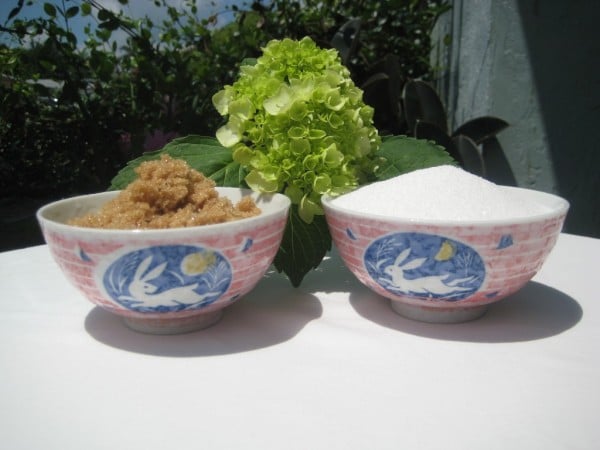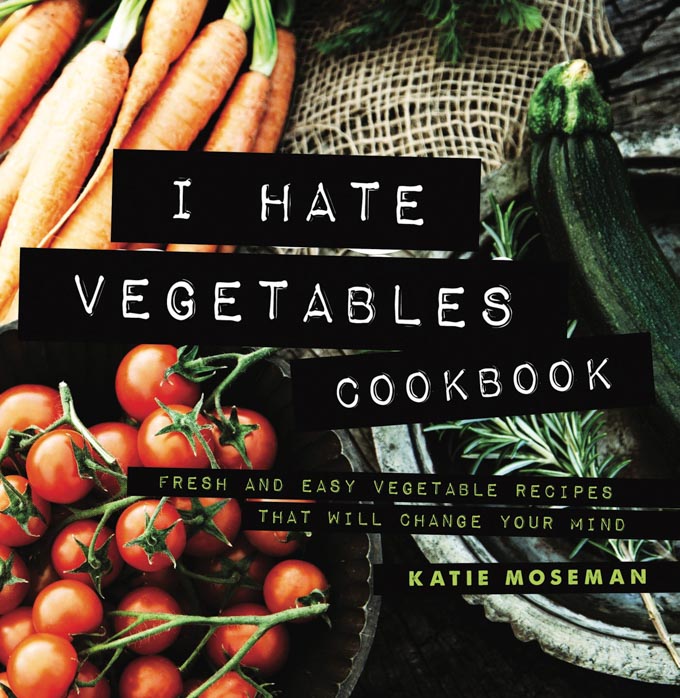This post contains Amazon affiliate links. When you shop through them, a small commission supports this site at no cost to you. Thanks!
I’ve written several posts about baking tips, including the difference between natural and Dutch cocoa and the difference between cane sugar and beet sugar. Now, I’ll tell you if it makes a difference whether you use white sugar or brown sugar in your baking!
What Is the Difference Between White Sugar and Brown Sugar?
White table sugar consists of midsized crystals of sucrose. Brown sugar is made of midsize sucrose crystals coated with a layer of dark syrup such as molasses.
Each type of sugar will have different effects on your baking. Here’s how:
White Sugar
- White sugar is better at producing a crisp crust, whether to add crispness to a cookie or a crackly crust on a brownie.
- White sugar’s flavor is pure and does not add any additional flavors.
Brown Sugar
- Brown sugar is better at producing softness. This effect is even more noticeable the day after baking. The reason for this effect is because the molasses that coats the sugar is hygroscopic (meaning that it attracts and holds on to moisture). According to Harold McGee, author of the classic On Food and Cooking: The Science and Lore of the Kitchen
,
Brown sugar is soft and clingy because its molasses film- whose glucose and fructose are more hygroscopic than sucrose- contains a significant amount of water.
- Brown sugar provides a distinctive molasses flavor. The strength of the flavor will vary depending on the type and brand of the brown sugar, as different brown sugars use different amounts and strengths of molasses.
Which one is best, brown sugar or white sugar?
Either white sugar or brown sugar can be used successfully in baking. Follow the recipe if you can, but if you need to substitute one for the other, you can do so with equal amounts. Remember to pack the brown sugar into the measuring cup to produce an equal amount, and keep in mind that the flavor and texture might be a bit different when you make substitutions.


Elizabeth
Thanks for tip, Katie! I knew brown sugar made for softer cookies, but it’s nice to know why!
Shannon @ Dinner from the Heart
I almost always follow the recipe correctly the first time and then I assess how it turned out. I’m notorious for making sugar substitutions to make a cookie turn out the way I want it to. Great information! 🙂
Barbara | Creative Culinary
I like using brown sugar in a lot of cookies in lieu of white but I did learn this. Brown sugar is basically granulated sugar that has molasses added to it as opposed to muscavado sugar that is the natural state before the two are separated so I like using it even more. Without it, I’ll often make my own brown sugar by combining molasses with granulated sugar; I just think it makes for a much richer flavor and as a result lends itself to my favorite chocolate chip cookie.
Alisa @ Go Dairy Free
This is fascinating! I actually hadn’t thought about the difference, but this totally makes sensed. I’ll use your sugar tip as guidance going forward. Stumbled for others!
Barrett @dirtylaundrykitchen.com
I love these sorts of tips! Thanks.
GiGi Eats
Stevia all the way for me! Or Eryrthritol – butchered that spelling LOL!
jual gula merah bandung
Hello there, You’ve done an incredible job. I’ll definitely digg it and personally recommend to my friends.
I am confident they will be benefited from this site.